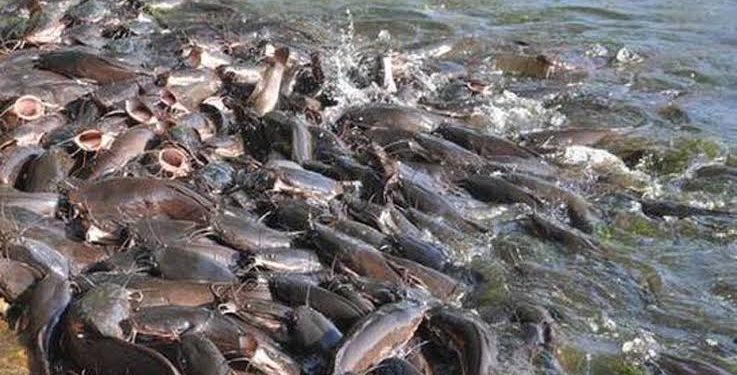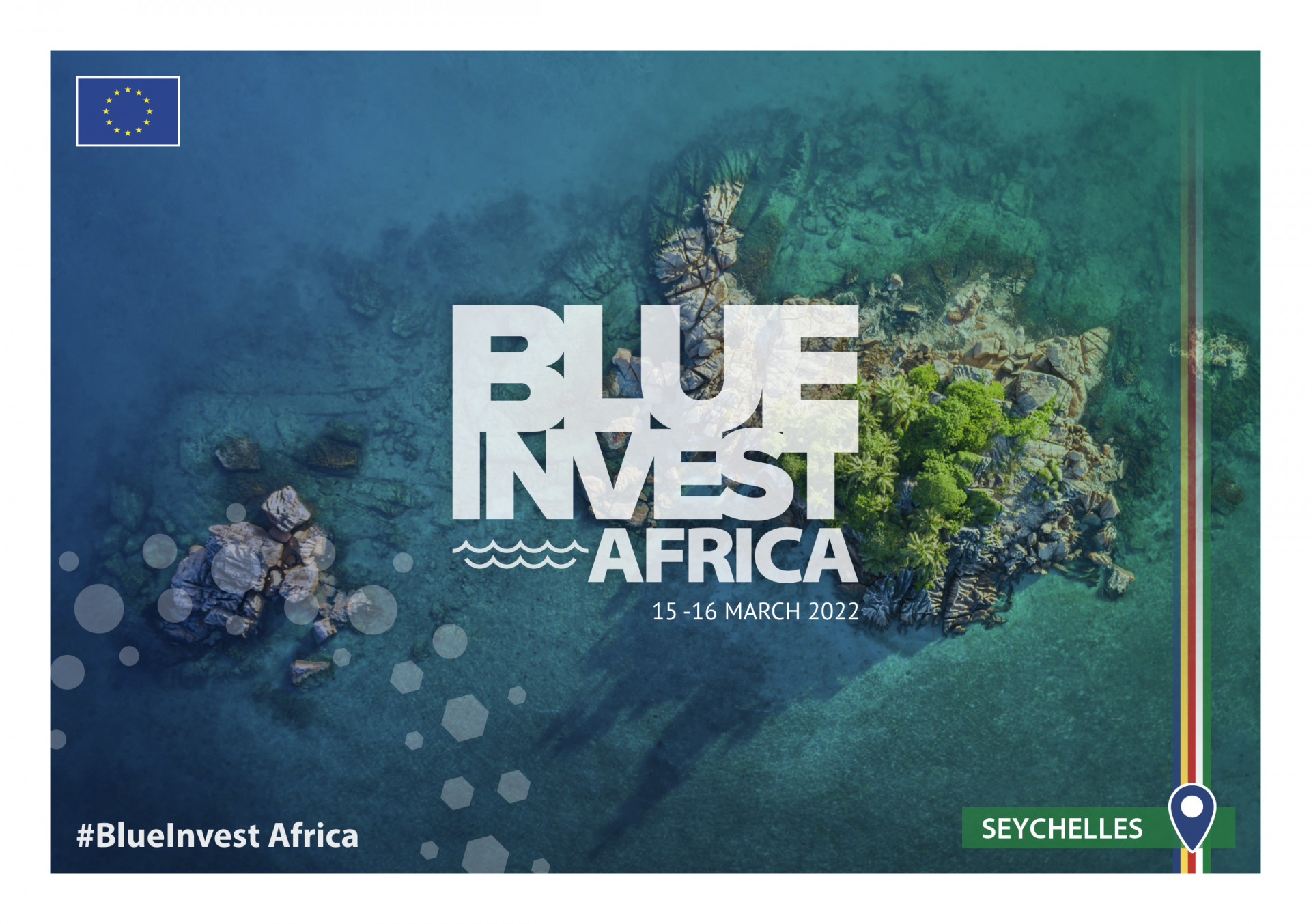Nigeria’s fisheries sector is grappling with a major production shortfall, with local fish farmers meeting less than half of the country’s annual demand, according to the Fisheries Cooperative Federation of Nigeria Limited.
The federation revealed that while national fish consumption stands at about 3.6 million tonnes per year, domestic production is just 1.6 million tonnes. The remaining two million tonnes are sourced through imports, a costly dependence that drains foreign exchange and exports potential jobs out of the country.
Speaking during a third-quarter citizens’ and stakeholders’ engagement for the Ministry of Marine and Blue Economy in Lagos, the federation’s acting national president warned that the widening production gap poses significant risks to Nigeria’s food security, employment, and small-scale fisheries businesses.
He explained that smallholder fishers and aquaculture operators are consistently held back by limited access to affordable credit, a challenge that has restricted investment, slowed expansion, and kept many operators from scaling beyond subsistence levels. High interest rates from commercial banks, he noted, often make it impossible for small-scale businesses to obtain loans that can deliver sustainable profits.
“Our fishers and farmers remain vulnerable to production risks ranging from environmental disruptions to market fluctuations. Underdeveloped infrastructure further stifles growth across the value chain, from harvesting to market access,” he said.
He warned that without strategic, deliberate financing mechanisms, the goals outlined in Nigeria’s National Policy on Marine and Blue Economy risk remaining only on paper. To address this, he called for the creation of a dedicated Fisheries and Aquaculture Development Fund, designed with single-digit interest rates and repayment structures that align with the production cycles of marine fishing and aquaculture. Such a fund, he added, should be managed by a reputable development finance institution and tailored to the realities of small-scale producers.
The permanent secretary of the Federal Ministry of Marine and Blue Economy echoed the call for innovative financing and stronger private-sector participation. He noted that the ministry’s budget allocations are far below what is required to modernise fishing boats, enhance maritime security, grow the fisheries sector, promote tourism, and develop renewable marine resources.
“Without private-sector partnership, policy remains rhetoric, and the sector will continue to be underfinanced and underutilised,” he said, adding that bridging the gap between policy ambitions and available resources requires new funding models and collaborative approaches.
The minister of marine and blue economy assured stakeholders that the government is committed to translating policy into tangible outcomes. He highlighted plans to modernise ports, strengthen maritime security, boost export capacity, and scale up infrastructure investments through public-private partnerships.
For Nigeria’s smallholder fishers and aquaculture entrepreneurs, the message is clear: without access to affordable finance, supportive infrastructure, and enabling policies, the country will continue to rely heavily on fish imports losing both economic value and job opportunities. Expanding financing options and improving the business environment for small players could unlock significant growth, reduce import dependence, and position fisheries as a stronger contributor to national food security and economic development.










